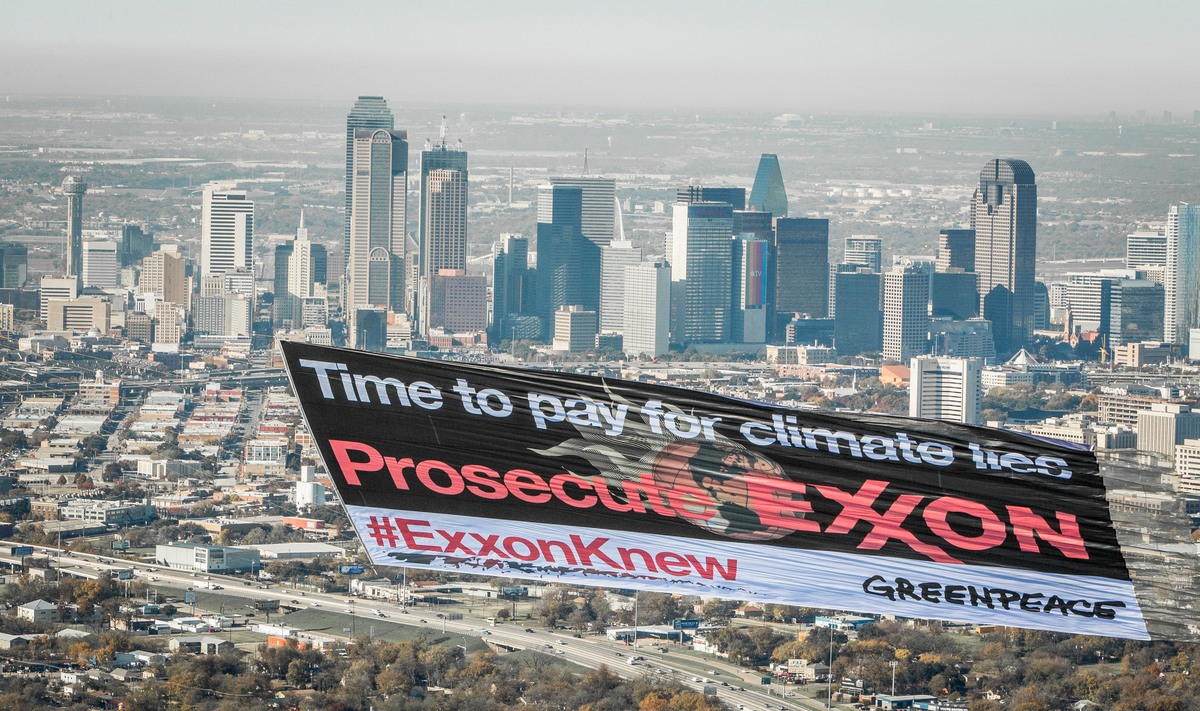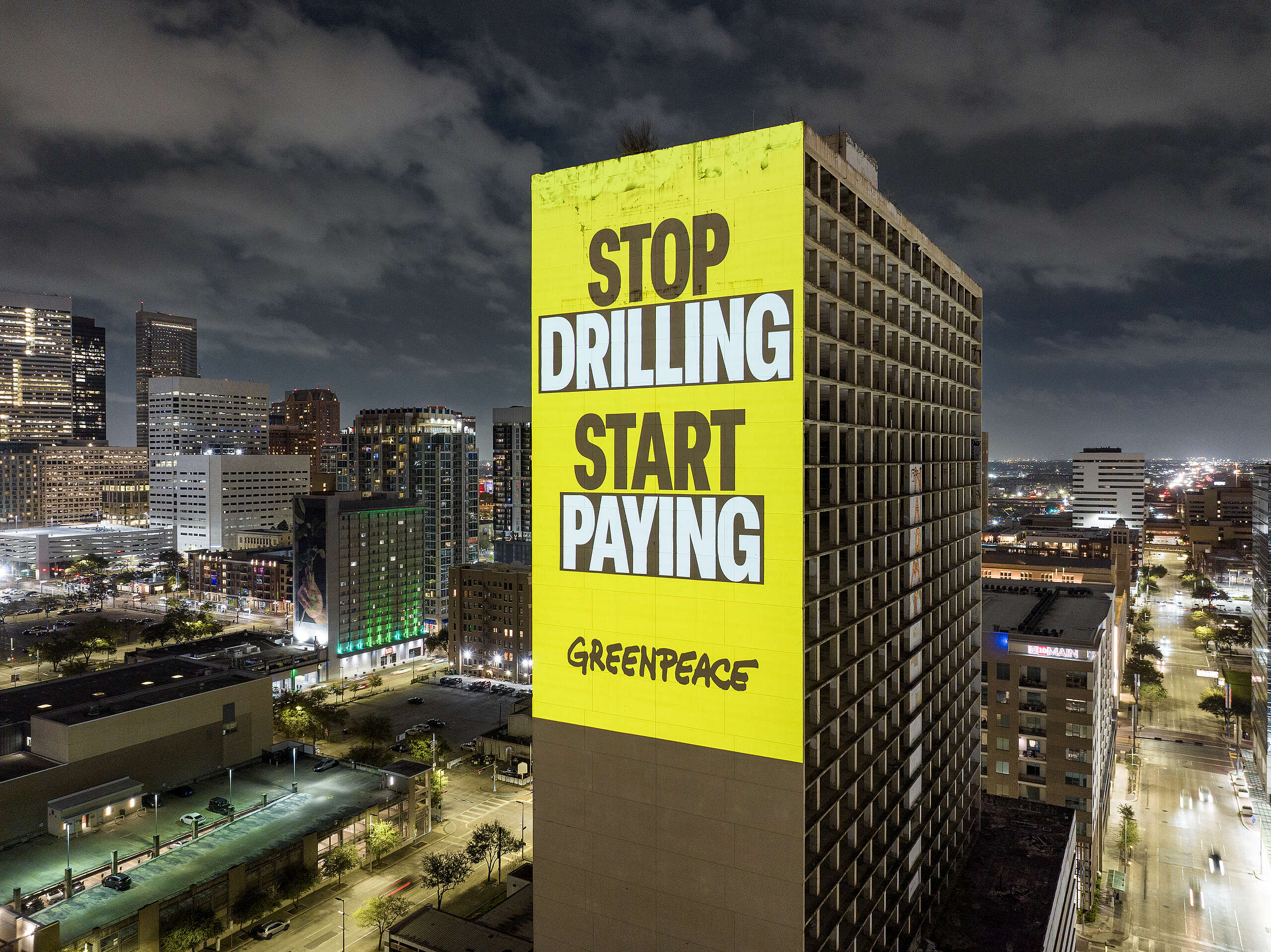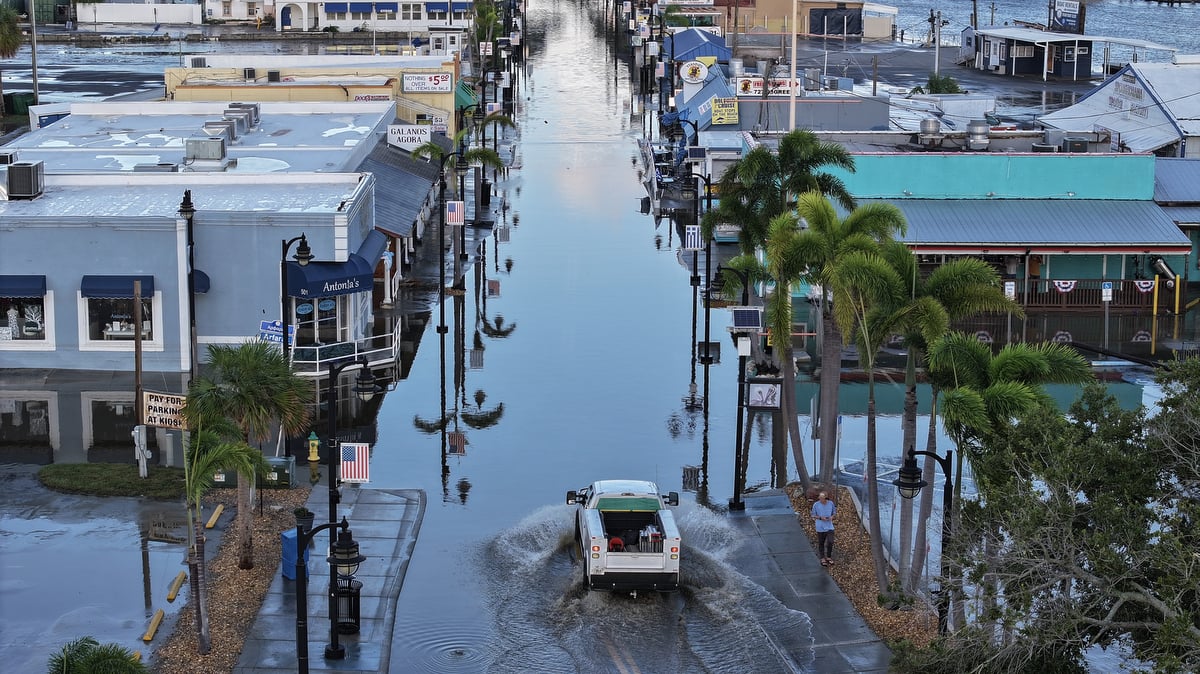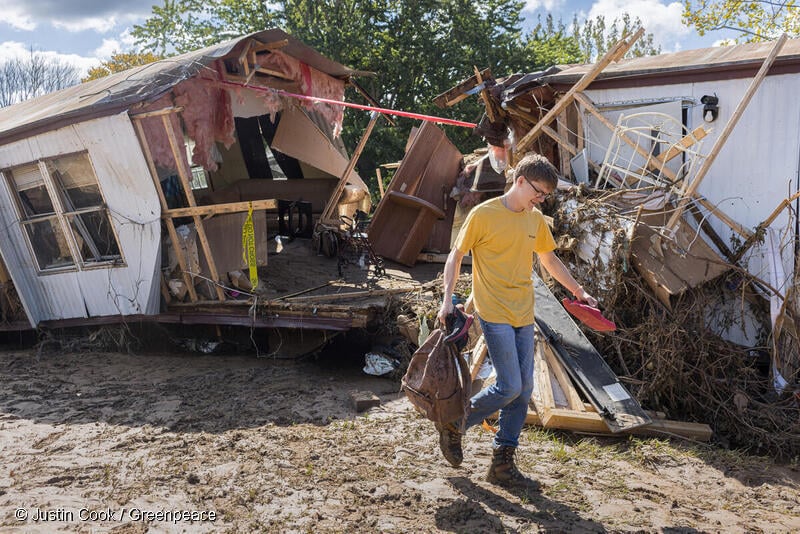New details on the targets and motives behind the global hacking scandal emerge amid an escalating international legal battle.
Reports of a major hack-for-hire scheme began to appear after the 2019 indictment of an Israeli private investigator, Aviram Azari, and the groundbreaking 2020 research by Citizen Lab into hacking-for-hire groups. Both Azari’s indictment and Citizen Lab’s report found that individuals and groups had been targeted by hackers, allegedly under the direction of private investigators that were working with powerful clients.
These clients appear to include DCI Group (DCI), a public relations and lobbying firm based in Washington D.C. One of DCI’s clients at the time the hacking allegedly occurred was ExxonMobil Corporation (Exxon), according to multiple news outlets’ analysis of court documents revealed this January and a source contacted by Reuters. During the same period that hacking occurred, the victims of the hacking appear to have been involved with the #ExxonKnew campaign and associated climate accountability litigation. The hack targets indicate a potential motive to derail momentum behind these lawsuits and #ExxonKnew campaigns, which accused ExxonMobil of knowing about and deliberately hiding or miscommunicating about climate change and the impacts of the industry.
Since the investigation of Azari, another private investigator, Amit Forlit, has recently been indicted and appears to be connected to the same hacking scheme involving Exxon based on court documents for both investigators and their business connections with each other at the time hacking occurred. To what extent Azari and Forlit worked together is not yet known, but court documents have suggested they are business associates. The news of Forlit’s involvement became public when the U.S. Department of Justice filed a request for Forlit to be extradited from the U.K. in 2024. DCI and Exxon were not named in the U.S. request to extradite Forlit for alleged hacking involvement, but Forlit’s lawyer mentioned both companies in his defense.

The source contacted by Reuters provides the most detailed account of what allegedly occurred. According to that account, the hacking scheme began in late 2015, with DCI arranging targets, providing them to Forlit, who then worked with third-party contractors to conduct hacking. Reuters determined that “In an effort to push a narrative that Exxon was the target of a political vendetta aimed at destroying its business, some of the stolen material was subsequently leaked to the media by DCI.” Moreover, the source alleges that the National Association of Manufacturers, an industry group that received funding from Exxon, used hacked material to pressure the U.S. Supreme Court to drop a lawsuit against Exxon, Energy Transfer subsidiary Sunoco, and other oil and gas companies. The lawsuit was filed by the city and county of Honolulu and charges the companies for climate damages.
Both DCI and Exxon have publicly stated that they were not involved in any illegal activity, including hacking. An Exxon spokesperson told the Wall Street Journal in 2023 that the company “has no knowledge of Azari, had no involvement in any hacking activities and has not been accused of any wrongdoing. To be clear, ExxonMobil has done nothing wrong”. A spokesperson stated that “if there was any hacking involved, we condemn it in the strongest possible terms” to NPR two years later.
DCI partner Craig Stevens denied the firm’s involvement in a statement to NPR, saying “Allegations of DCI’s involvement with hacking supposedly occurring nearly a decade ago are false and unsubstantiated… Meanwhile, radical anti-oil activists and their donors are peddling conspiracy theories to distract from their own anti-U.S. energy activities”.
Neither company has been charged with any wrongdoing, though environmental groups and a few U.S. senators have called for a formal investigation. Initial investigations around Azari involved additional clients that have not been named; Forlit also had other clients though extradition orders focus on his involvement with DCI and Exxon. According to an anonymous source to the Wall Street Journal, DCI partner Justin Peterson commissioned the hacking and was a key connection to Forlit.
Citizen Lab’s research, as well as court documents against Azari, indicate that there is a large hack-for-hire industry whose clients may include a range of organizations from large oil and gas companies like Exxon, to financial firms, industry groups, and so on. Targets of these hacking schemes include climate groups like Greenpeace, but have also included public defenders, government officials, politicians, financial companies, banks, and others.Citizen Lab did not identify Azari, Forlit, or other individuals working as private investigators who sought hacking services. The investigation of Azari and Forlit came from FBI probes into hacking operations.
Despite the sentencing of Azari in 2023, the clients who ordered or benefited from hacking were never named. The Southern District of New York identified that Exxon publicly used hacked material, suggesting they may be a client of the hack-for-hire operations. Many victims of hacking were notified by Citizen Lab during their investigations, however the full extent of the hacking scheme is still unknown.
The lack of any real investigation by Exxon is another example of the oil and gas industry avoiding accountability. Compounded with their efforts to seek legal immunity using tactics employed by the gun industry, filing SLAPP and other predatory lawsuits against journalists and activists, financially backing anti-protest legislation at the state and federal level, and a decades-long disinformation campaign, the industry may stop at nothing to ensure its dominance.
Despite evidence to the contrary, Exxon has continued to deny any involvement in the hack-for-hire scheme being investigated and the full extent of the hack is still unclear.
As a result, we are calling on:
- The U.S. Department of Justice to fully investigate the hack-for-hire scheme.
- Exxon’s board to commission an independent, internal investigation to determine how Exxon became connected to the hacking scheme, and to identify who may have been involved.
- Congress to resist all attempts by the fossil fuel industry to secure a “liability waiver” which would grant “immunity” from any effort to hold the industry accountable for climate damages.
Timeline
The details of the hack-for-hire scheme have been revealed over the last six years with research by Citizen Lab and the federal investigation of two private investigators. Clients and benefactors of the hacking have yet to be formally investigated.



